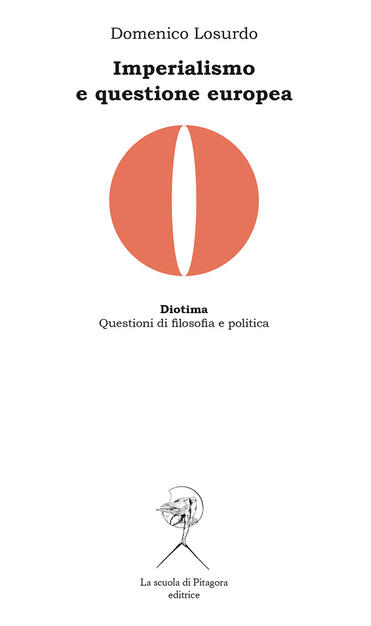João Carlos Graça, Lisboa, 14 Nov. 2011
Dear professor Losurdo, dear all,
The fact that is mostly affecting the economies of the so-called PIIGS is their structural imbalances in terms of external counts (Imports versus Exports), by no means the allegedly excessive deficit of public budget, or even public debt. Excessive public deficit (and debt) would be dangerous only in case it could induce high inflation, which of course is very far from being the case.
After years of systematic external imbalances caused by an over-valuated Euro (which is good only from the point of view of it being a world-money, or money of reserve: notice that the ratio US dollar/euro has passed from 1.1 to 0.7 in one decade, that is to say, north-Americans have proceed to an huge “competitive devaluation” of their money), of course European peripheral countries have problems, but these would be much more easily resolved in case they could devaluate themselves (presumably just to stay au pair with the US dollar), and of course in case they had real central banks of their own that could be “lenders of last resort”. They have not, as we know, and the ECB has by statutory (neoliberal) disposition no possibility of lending money to member-states, and so these fall victims of profiteering (or "Tony Soprano bailouts", as they have appropriately been called) in what is an extremely vitiated "game": the “markets" anticipate that a country will go down and have to default, and so they act in such a way (making bets against that country) that induces a self-fulfilling prophecy: interest does raise, and countries do go down. As a matter of fact, "the markets" know that a country will be unable to pay when interest raise above the level of inflation plus expected growth. So, the "austeritarian" therapy imposed in fact causes/reinforces the illness it is proclaimed to treat.
In the meantime, of course, many utilities are privatized, wages are frozen and reduced, social state is dismantled, unemployment raises, etc.: a typical IMF scenario. Still, if a Tony "IMF" Soprano solution (or lack of solution) was adopted for Greece and Portugal, it is very problematic to face the same scenario for a giant like Italy , that on top of everything else would clearly have conditions to get away from problems if only it didn't follow the neoliberal recipe that is the quintessential consensus within the so-called European political “center” (both "center-right" and "center-left") but is indeed placed, as Costanzo Preve would put, to the right of Attila, king of the Huns... As a matter of fact, the assumptions on the basis of which Europe’s monetary union was built, namely inflation quasi zero, public deficit quasi zero, lack of a real central bank as a lender of last resort, etc. are the scenario correspondent to the ideals of the so-called “public choice” school of economics, which is an intensely anti-democratic current of thought. Its purpose is to put the economic deciders “apart and above” the electoral processes, to liberate them from the so-called “electoral cycle”, or briefly to build an “elections-free”, or “democracy-free” regional institution, which indeed corresponds, as you, professor Losurdo, have besides noticed it, to a process of collective “self-colonization” of the peoples (and national states) of Europe. The states may continue formally democratic, since that fact has become totally irrelevant any way…
Saudações cordiais,
PS: for more on the recent crisis, centered in Greece but extendable by analogy to other PIIGS, suggesting the “opting out” but considering also its difficulties, see the more recent report by Costas Lapavitsas et alii, in “Research on Money and Finance”, here: http://www.researchonmoneyandfinance.org/
















Nessun commento:
Posta un commento